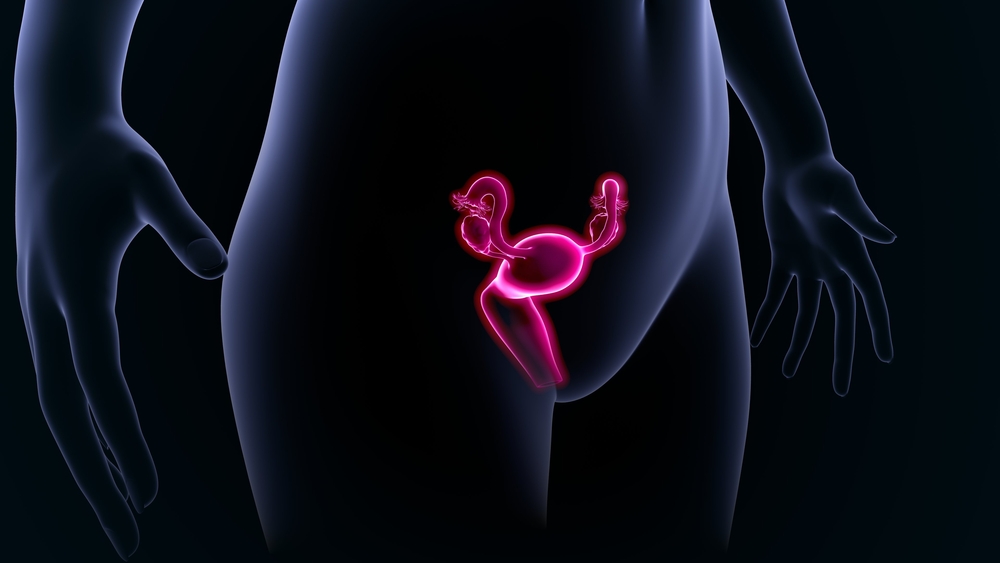Contents:
- Medical Video: How To Stop Acid Reflux | How To Treat Acid Reflux (2018)
- Benefits of stomach acid for the smooth digestive system of the body
- Symptoms of low stomach acid, and what are the dangers?
- Tips for maintaining stomach acid balance
- 1. Pay attention to your meal time
- 2. Avoid snacking between meals
- 3. Make sure you chew food properly
- 4. Avoid drinking too much water when eating
- 5. Limit caffeine intake
Medical Video: How To Stop Acid Reflux | How To Treat Acid Reflux (2018)
When you hear stomach acid, you may be more familiar with the name of the stomach which occurs because of inflammation or injury to the stomach. Therefore, it is not surprising that many people think that stomach acid will only have a negative impact on the body. But did you know that it turns out stomach acid is beneficial for your body's digestive system?
There are two things that can happen if you don't maintain your stomach acid balance properly. Symptoms of stomach acid that rises too high often cause stomach upset and a hot-spicy sensation in the esophagus, called stomach acid reflux aka heartburn. An increase in stomach acid that is too high can also cause ulcers and other digestive disorders. Meanwhile, be aware of the symptoms of low stomach acid even though not many people realize it. The impact of low stomach acid is also equally dangerous for your body's health.
Benefits of stomach acid for the smooth digestive system of the body
Your digestive system works to digest and process the food you consume into small molecules. Later, the body uses these small molecules to make new cells and create energy for you to move.
Gastric acid is an enzyme in the stomach that functions to help the process of digestion of food in the body. Gastric Acid (HCL) has four main jobs, namely:
- Proteolysis, the process of breaking down protein so that it can be digested by the body
- Activation of pepsin which is an enzyme needed for protein digestion
- As a chemical signal that indicates that food can move from the stomach to the small intestine and warn the pancreas to secrete enzymes; and
- Inhibiting the growth of bacteria contained in the food you consume so as to prevent infection.
In general, the presence of stomach acid can facilitate the food you consume to be digested and crushed in the stomach. Gastric acid will also kill bacteria or fungi in the food you consume. These foods will be converted into liquid and flowed throughout the body to be absorbed. That's why it's very important for you to maintain a stomach acid balance.
Symptoms of low stomach acid, and what are the dangers?
One of the causes of low stomach acid in the body is the high level of sugar you consume. Eating too much sugar can increase the development of bad bacteria in the body that can block the absorption of vitamins, minerals, other nutrients into the body. In addition, a poor diet or stress is also a cause of low stomach acid in the body.
Watch for symptoms of low stomach acid that you may experience. This indicates that your body is deficient in acid. As a result, the food you consume will not be absorbed properly. Lack of stomach acid also makes you lose your defense against the bad bacteria contained in food so that it can have a negative effect on your digestive system. In addition, the inability of the stomach to process food can also adversely affect mental health problems, such as depression, lethargy, acne, hair loss in women, osteoporosis, diarrhea, constipation, chronic fatigue, dry skin, etc.
Tips for maintaining stomach acid balance
Therefore, here are some tips for maintaining an acidic balance in your body:
1. Pay attention to your meal time
The number of activities that must be done sometimes makes you late or forget to eat. In fact, one of the causes of high stomach acid is due to a regular diet. Therefore, it is important for you to pay attention to your meal time. In addition, you are also advised to avoid eating activities two hours before going to bed because this can lead to symptoms of stomach acid.
2. Avoid snacking between meals
This can provide enough time for your body to digest food better.
3. Make sure you chew food properly
Chewing food properly is important so that the body can help digestive enzymes process and digest food more easily.
4. Avoid drinking too much water when eating
Drinking too much water in the middle of a meal can dilute stomach acid and make the food you eat more difficult to digest.
5. Limit caffeine intake
The high acid content in coffee can cause the esophageal sphincter to relax and reduce the stomach acid to rise to the mouth. This can cause gastric acid reflux. And just like coffee, tea (caffeinated or not) can also worsen the symptoms of ulcers.












